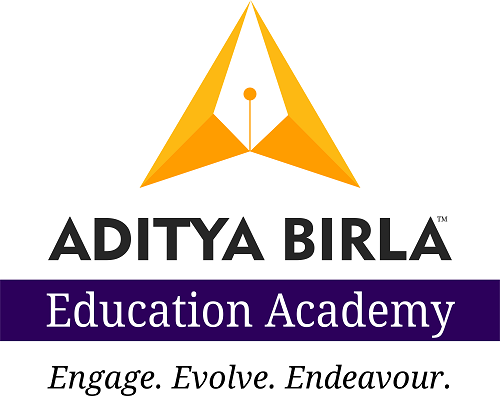Fortunately, most educational institutions are already aware of the value of emotional intelligence, but now, more than ever before, it should be deeply integrated into the school?s vision and culture. By the same token, it follows that mentoring, which is inherently linked to emotional connect, becomes the cornerstone of teaching strategy.
Mentoring is about motivating and empowering the other person to identify their own roadblocks, and helping them find ways of resolving them and reaching their goals.The most effective leaders tend to mentor others.They also build a legacy through stories and myths that inculcate values and unify people.
Since learning and emotional support are the basic functions of mentoring, mentees can relate to personal and emotional stories, and apply them in their everyday lives. Tell stories that matter. And build a repository of such stories. In view of what is happening all around us, it has become critical to trigger positive stories.
Today, even ?successful? people are going through bouts of depression. The times ahead are uncertain and unpredictable. Generation Z, especially, must be taught how to handle failures and adversities before they learn to celebrate success.
Your Adversity Quotient (AQ) is your capacity to combat adversity. It is the measure of your resilience to go through a rough patch in life and not give up hope in face of troubles. Mentors can act as counsellors and tell stories about resilience. School Leaders can initiate counselling sessions and storytelling workshops with mentors, teachers, students and parents. Sometimes, your AQ can be low simply because you create your own internal adversities. In these times, it is imperative for all stakeholders to dispel preconceived notions, remove mental blocks, think out of the box, and become more adaptable, responsive and resilient to face new challenges.
Image source-freepik







